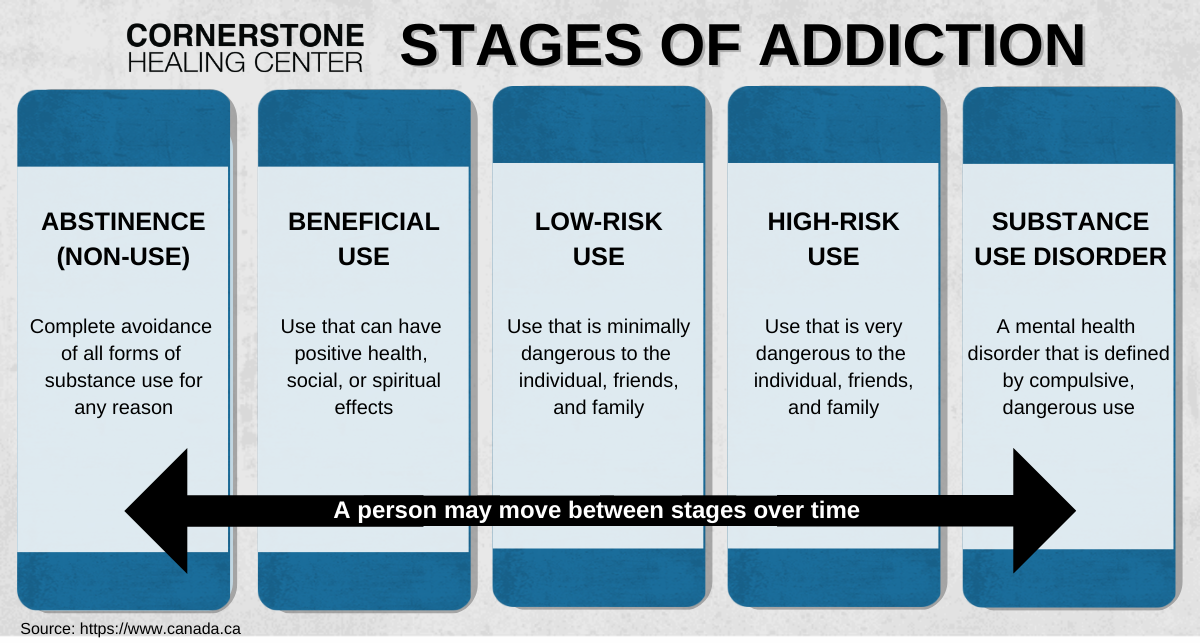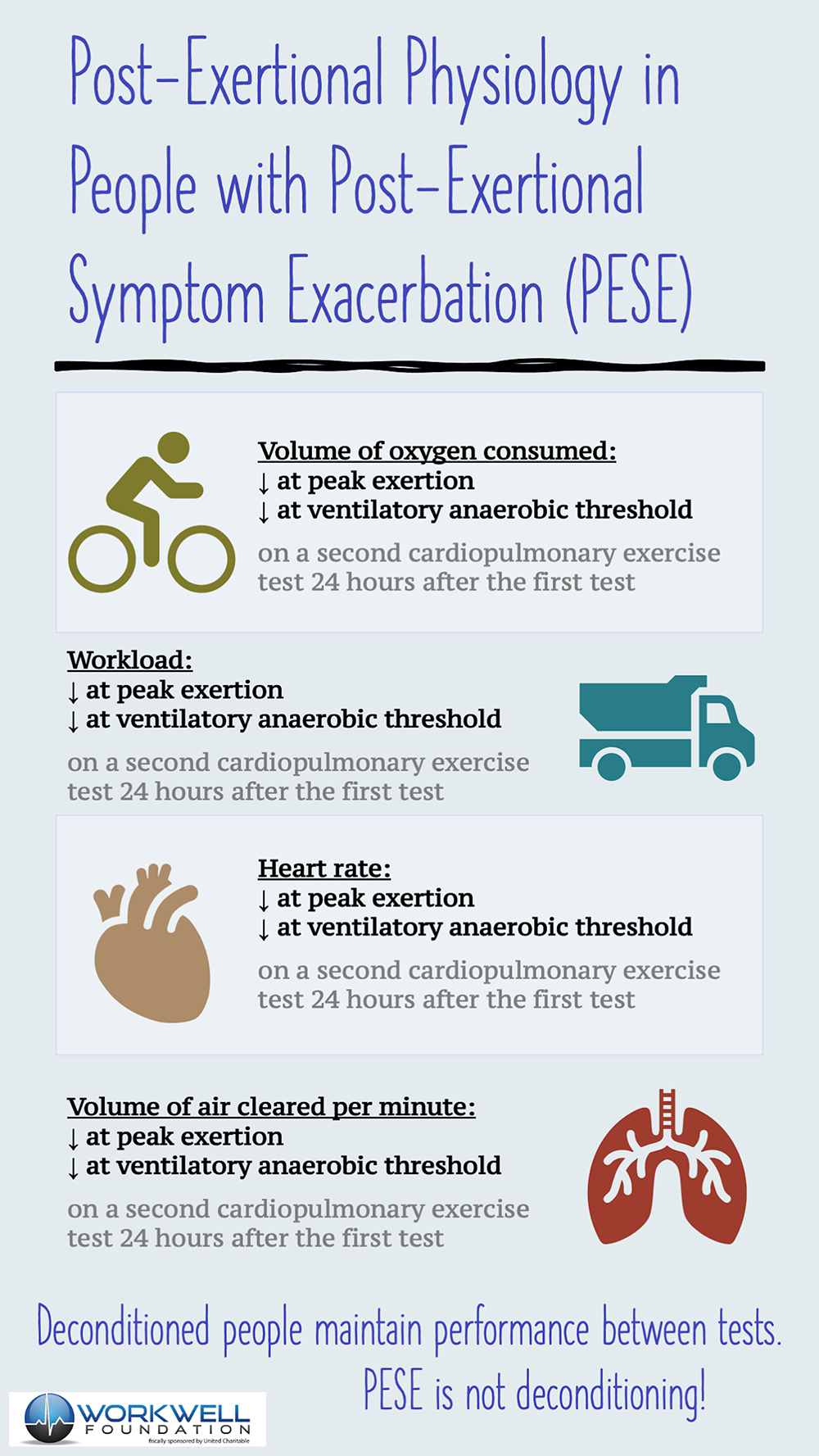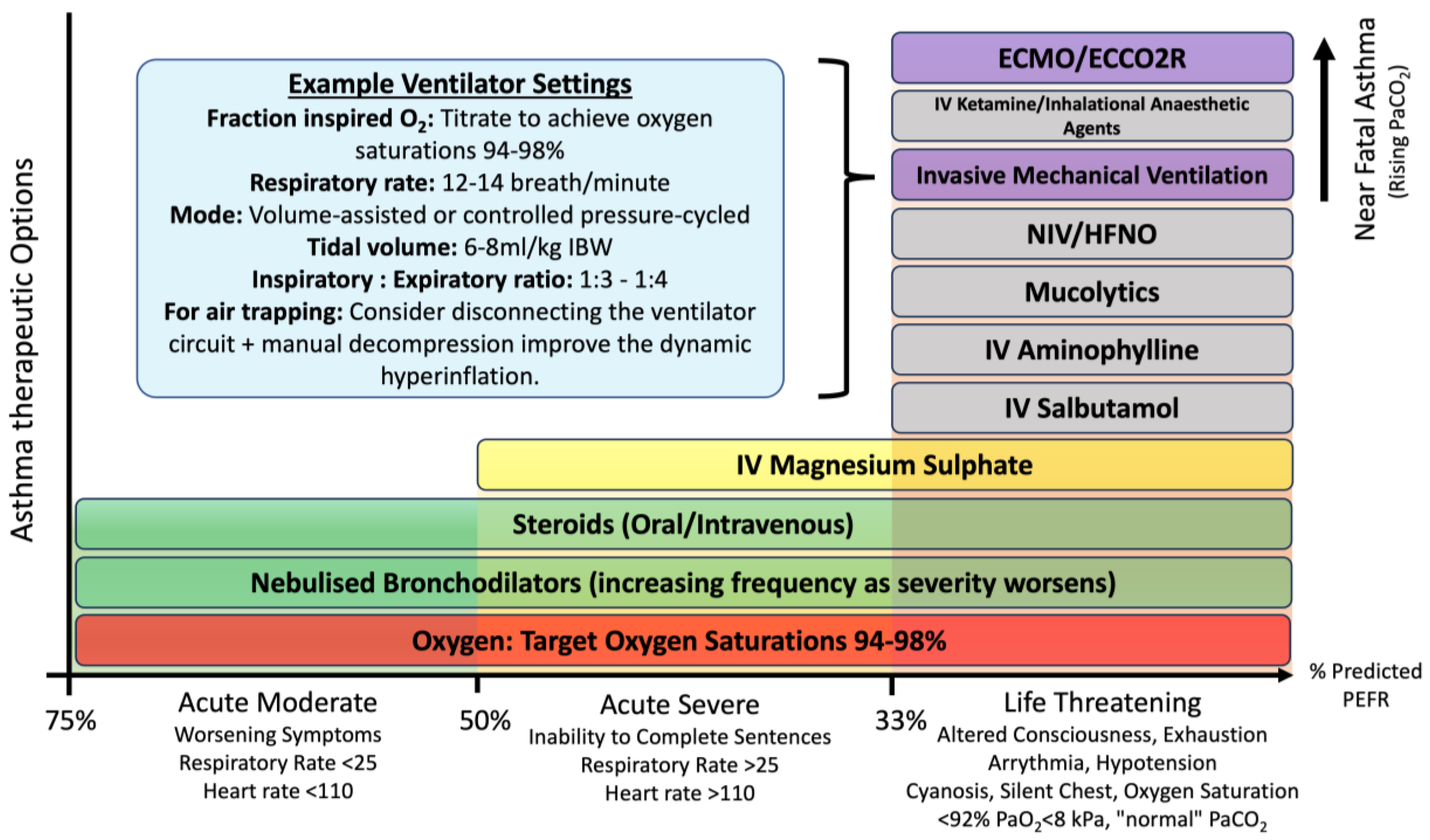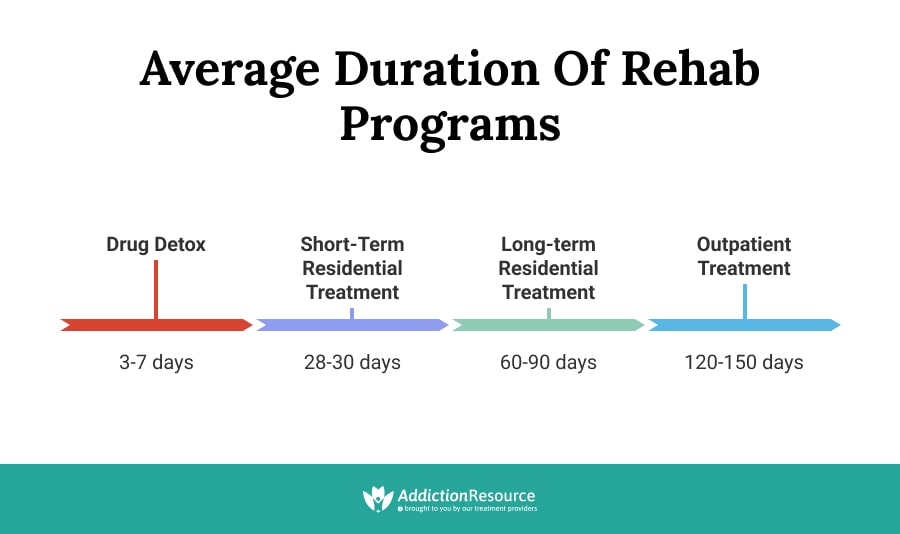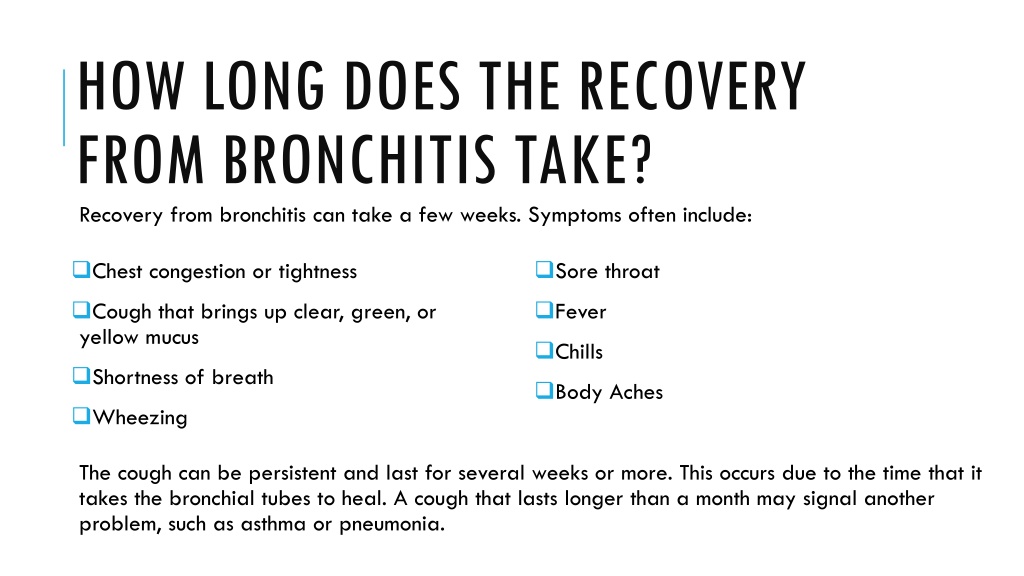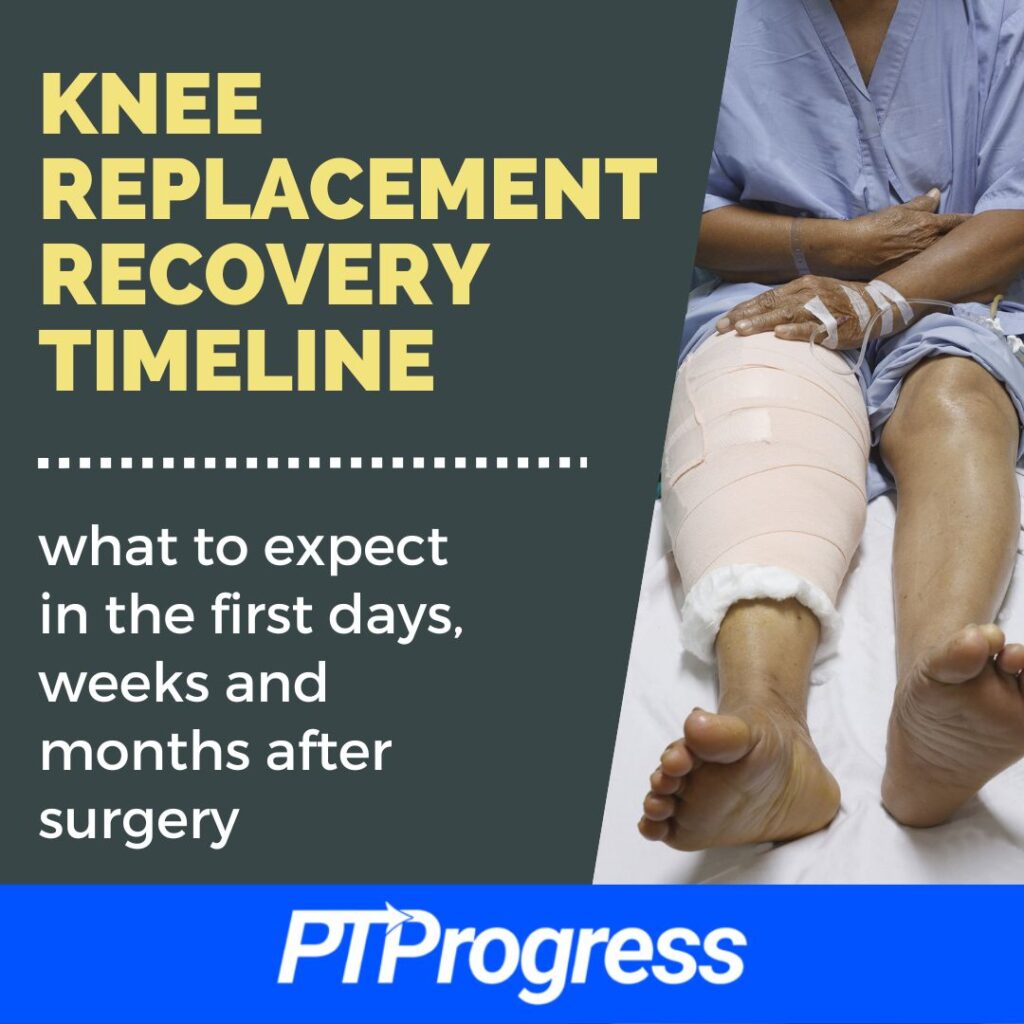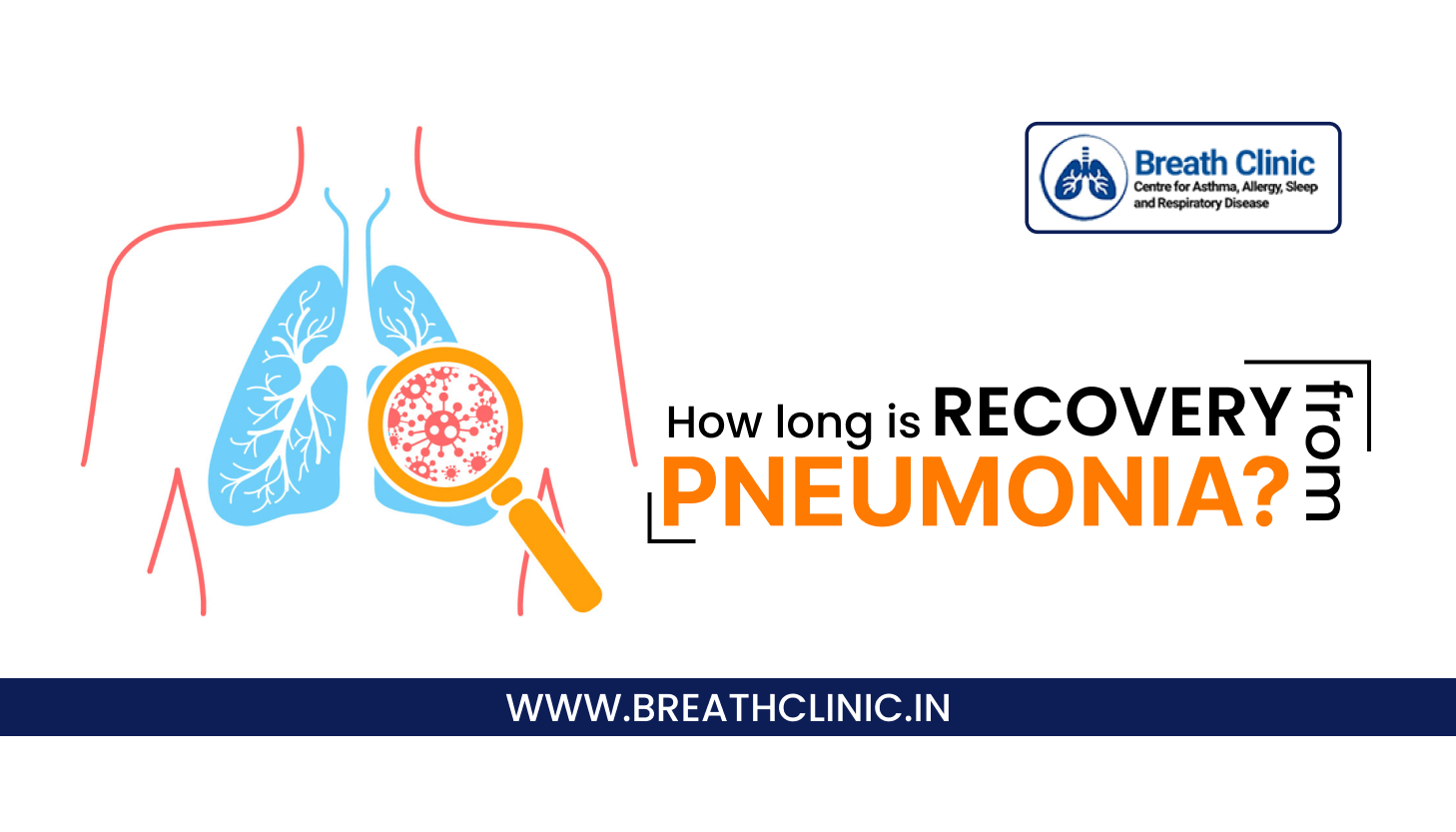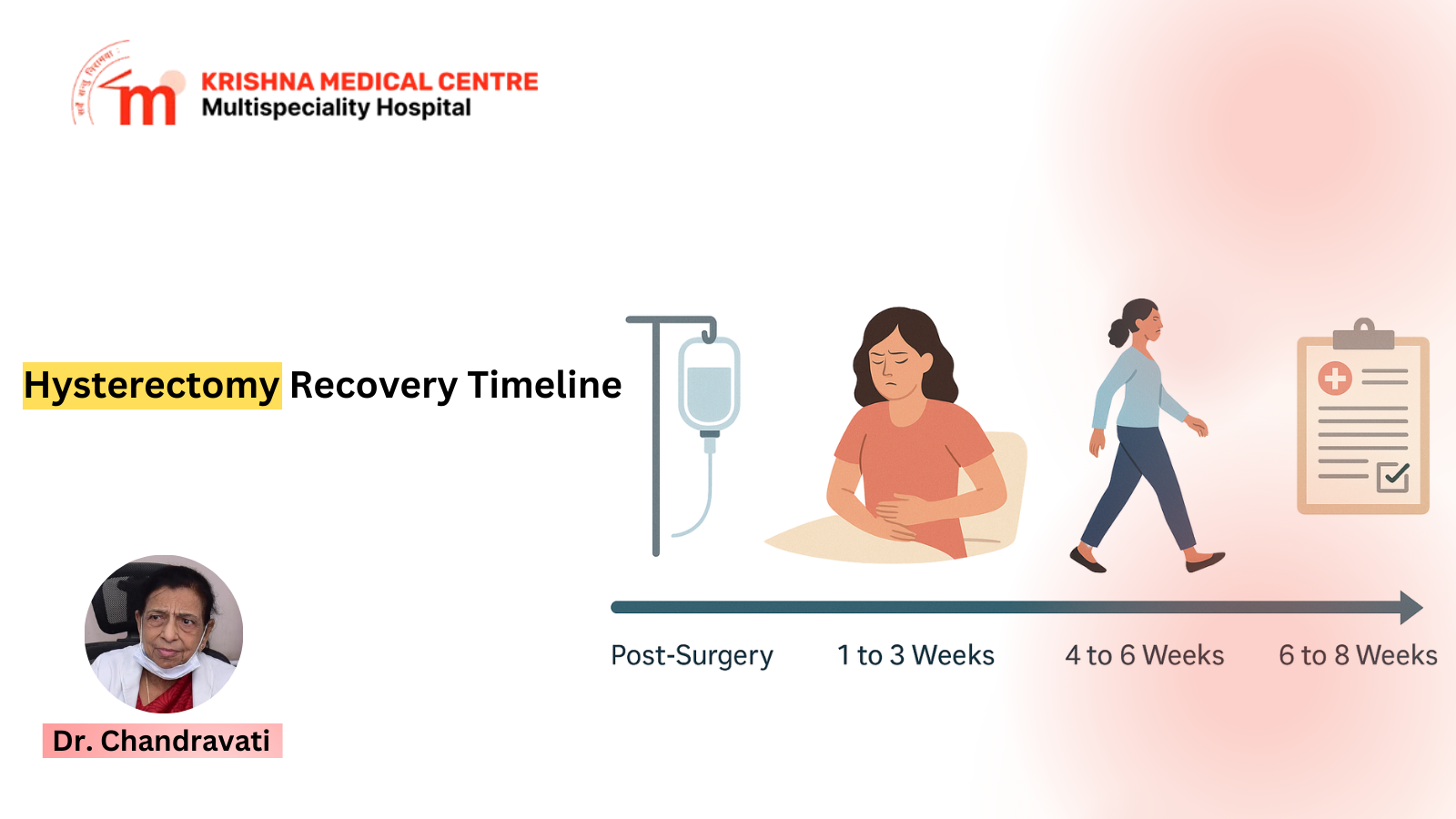How Long Does It Take To Recover From An Exacerbation

For individuals grappling with chronic conditions like Chronic Obstructive Pulmonary Disease (COPD), asthma, or multiple sclerosis (MS), the term "exacerbation" can evoke a sense of unease. An exacerbation represents a sudden worsening of symptoms, disrupting daily life and demanding immediate attention.
Understanding the recovery timeline following an exacerbation is crucial for both patients and their caregivers, impacting treatment strategies, rehabilitation plans, and overall quality of life. The answer, however, is not straightforward and varies significantly depending on the underlying condition, the severity of the exacerbation, and individual factors.
Understanding Exacerbations
An exacerbation, at its core, is a flare-up of a chronic condition. For someone with COPD, this might involve increased shortness of breath, coughing, and mucus production. For an individual with MS, it could manifest as new or worsening neurological symptoms like fatigue, vision problems, or mobility issues.
The National Institutes of Health (NIH) emphasizes that recognizing the early signs of an exacerbation is paramount. Prompt intervention can often shorten the recovery period and prevent serious complications.
Factors Influencing Recovery Time
Several factors play a significant role in determining how long it takes to recover from an exacerbation. The specific condition, the severity of the episode, and the individual's overall health status are all key determinants.
Severity of the Exacerbation: A mild exacerbation, managed at home with adjustments to medication, will typically resolve faster than a severe episode requiring hospitalization.
Underlying Condition: Recovery times differ across conditions. COPD exacerbations might take weeks or even months to fully resolve, while asthma exacerbations often improve within days with appropriate treatment.
Individual Health and Age: Older adults and individuals with other underlying health conditions may experience longer and more complex recovery periods. The presence of comorbidities can significantly impact the body's ability to bounce back.
Adherence to Treatment: Following prescribed medication regimens and lifestyle recommendations, such as pulmonary rehabilitation for COPD or physical therapy for MS, is vital for optimizing recovery. Non-adherence can prolong the recovery process and increase the risk of future exacerbations.
Recovery Timelines for Common Conditions
While individual experiences vary, general timelines can provide a framework for understanding what to expect during recovery.
COPD: According to the American Lung Association, recovery from a COPD exacerbation can range from a few weeks to several months. Complete recovery to baseline lung function is often not possible, and the goal is typically to return to the individual's previous level of function.
Asthma: Asthma exacerbations typically resolve within days to a week with appropriate bronchodilator and corticosteroid treatment. However, it's crucial to continue long-term asthma control medications to prevent future episodes.
Multiple Sclerosis: Recovery from an MS exacerbation can be highly variable. Some individuals recover quickly and completely, while others may experience residual symptoms or require extensive rehabilitation. The National Multiple Sclerosis Society notes that recovery can take weeks, months, or even years, and some deficits may be permanent.
The Role of Rehabilitation
Rehabilitation plays a crucial role in maximizing recovery after an exacerbation. Pulmonary rehabilitation, for example, can significantly improve lung function, exercise tolerance, and quality of life for individuals with COPD.
Similarly, physical and occupational therapy can help individuals with MS regain lost function and adapt to any lasting deficits. Rehabilitation programs are tailored to the individual's specific needs and goals, providing a structured approach to regaining independence and improving overall well-being.
Psychological support is also important, as exacerbations can be emotionally challenging. Counseling or support groups can help individuals cope with anxiety, depression, and the fear of future exacerbations.
Preventing Future Exacerbations
Preventing future exacerbations is a key focus of long-term management for chronic conditions. Strategies include adhering to prescribed medications, avoiding triggers, such as smoking or allergens, and maintaining a healthy lifestyle.
Regular monitoring of symptoms and prompt communication with healthcare providers are also essential. Early detection of warning signs can allow for timely intervention and prevent a full-blown exacerbation.
Vaccination against influenza and pneumonia is recommended for individuals with COPD and other chronic respiratory conditions to reduce the risk of infection-related exacerbations.
A Patient's Perspective
Maria Rodriguez, a 62-year-old woman living with COPD, shares her experience: "After a severe exacerbation last year, it took me almost three months to feel like myself again. Pulmonary rehabilitation was a lifesaver. It helped me regain my strength and learn how to manage my breathing better."
Rodriguez's experience highlights the importance of personalized care and ongoing support in navigating the recovery process. It also demonstrates the significant impact that rehabilitation can have on improving quality of life after an exacerbation.
Conclusion
The recovery timeline following an exacerbation is highly individualized and depends on a multitude of factors. While complete recovery to baseline function may not always be possible, proactive management, adherence to treatment, and participation in rehabilitation programs can significantly improve outcomes.
Understanding the potential recovery timeline and focusing on prevention are essential for individuals with chronic conditions to live full and active lives. Working closely with healthcare providers to develop a personalized management plan is key to minimizing the impact of exacerbations and maximizing overall well-being.
Ultimately, the journey to recovery is a collaborative effort, requiring the active participation of patients, caregivers, and healthcare professionals. By working together, individuals can navigate the challenges of exacerbations and strive towards a better quality of life.

